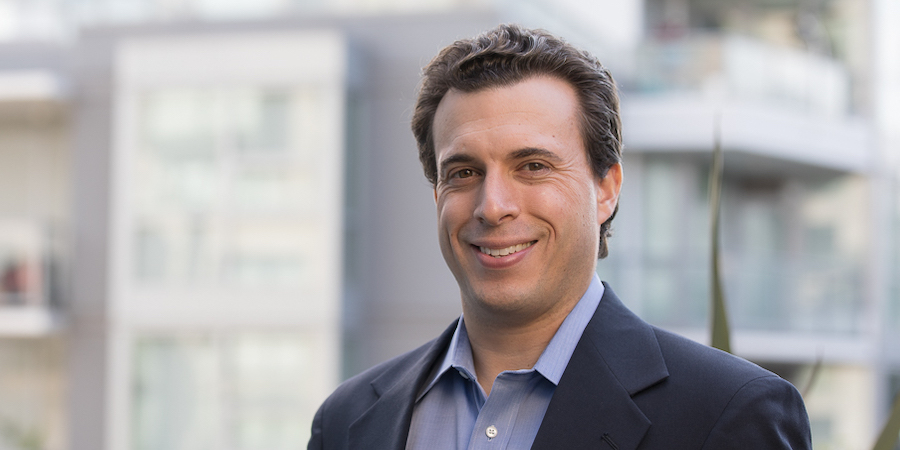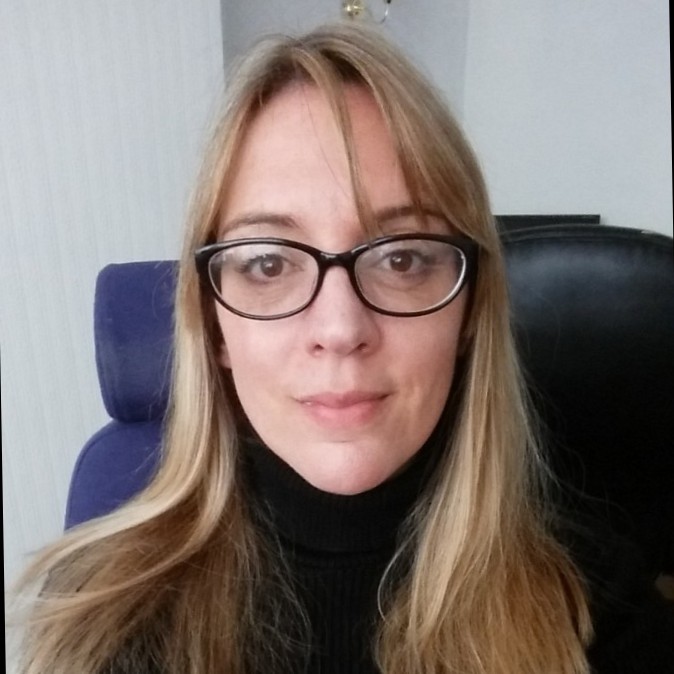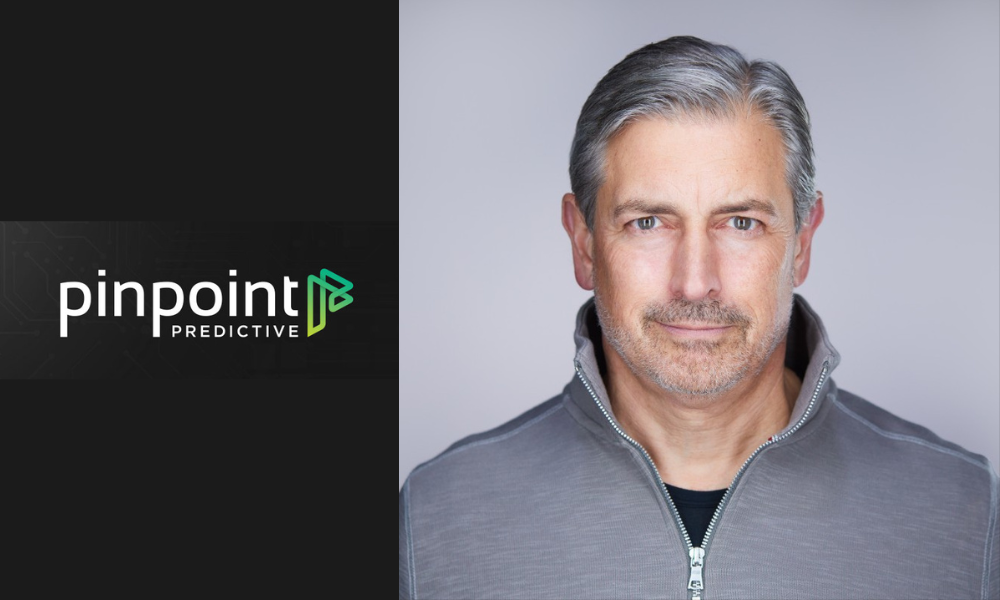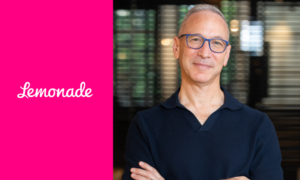With 25 years of experience in building and optimising organisational processes, measurement systems, and infrastructures to maximise business results, Scott Ham, the CEO of Pinpoint Predictive is passionate about the transformative potential of new technologies and analytics within the insurance sector, particularly in their ability to profoundly benefit all involved stakeholders positively.
Since assuming the role of CEO in July 2021, he leads a pioneering insurance solution that harnesses behavioural predictions to accurately forecast core insurance outcomes, including claims frequency, severity, and loss cost. His foremost duty involves directing the company’s operations and cultivating an adept team capable of fostering strategic partnerships with clients to enhance overall performance. Insurtech Insights finds out more.
How did you get involved with Pinpoint Predictive, and what’s your journey with the company?
My background includes serving as CEO for Transamerica’s global insurance operation, where I focused on challenging existing practices and exploring ways to improve profitability and customer relevance. I’ve always believed in the importance of knowing the individual behind the policy, which led me to explore opportunities in the Insurtech space.
During my time as a Senior Advisor with McKinsey, my belief crystallised that the P&C industry as a whole could find great impact if it focused on the individual behind the policy/application, rather than just what was being insured. I joined InsurTechNY as a mentor, hoping to make a further difference in the industry.
In December 2020, I met Avi Tuschman, Pinpoint’s founder, at a virtual event and was impressed by what he shared about the company. I became an advisor and later assumed the role of CEO because I believe in our mission to revolutionise insurance intelligence.

What distinguishes Pinpoint Predictive in the marketplace?
Our primary focus is on the P&C insurance domain, specifically in areas such as home, auto, and small commercial insurance. We concentrate on solving the “profitability quagmire” in the insurance industry with our powerful combination of behavioural predictors and deep learning techniques that were previously unavailable to insurers.
Over the past few years, insurers have witnessed challenges in underwriting profitability, directly impacting both combined and loss ratios. Pinpoint’s loss predictions and risk scores address these challenges and empower insurers to materially improve their risk assessment at the very top of the funnel, even before an application is started.
The path to profitability is a hot button issue. How is Pinpoint Predictive addressing this?
Our loss predictions and risk scores provide insurers with individual-level intelligence on claims severity, frequency, and loss cost. Armed with this information, insurers can accomplish enhanced risk stratification at pre-application (prior to any final eligibility decision) and at pre-renewal.
This refined perspective on individuals translates into improved business outcomes and heightened consumer satisfaction. The influence of our product on the insurance landscape is significant; particularly in addressing challenges related to profitability and long-term market sustainability.
What other barriers do insurers face, and how is the company addressing them?
Other than the path to profitability and the need for accurate risk assessment, there’s a misconception in the industry that growth and risk mitigation are mutually exclusive. We challenge this notion by demonstrating insurers can achieve both growth and profitability through smarter risk assessment and customer-centric approaches.
Another challenge is the industry’s hesitancy to adopt AI-driven tools. Many carriers are slow to explore and experiment with new technologies, fearing the complexity or failure of implementation.
We advocate for a test-and-learn approach to innovation, encouraging carriers to embrace AI tools that can enhance risk assessment, litigation prediction, and claims triaging.
AI is enduring a lot of scrutiny as new regulations come into force. What’s your take on this?
It really is and for good reason. One aspect I want to emphasise is our commitment to fairness, especially in the realm of ethical AI. While ethical AI discussions are gaining traction, we have been ahead of the curve. We anticipated the direction the NAIC would take and ensured compliance with the guidelines published by the National Institute of Standards and Testing (NIST).
Furthermore, we’ve undergone an audit by an independent third-party law firm (Luminos Law) that assessed our models and the behavioural predictors we utilise and assess our model outcomes. Luminos certified that our models are compliant not only with standards within insurance, but outside insurance as well, including areas in housing and employment standards.
It’s important to note that we not only talk-the-talk but also walk-the-walk. We conduct quarterly reviews of our models and maintain robust processes. Our adherence to SOC2 Type2 security compliance is a testament to our commitment. We’ve invested extensively to earn the trust of carriers. By addressing these issues transparently, we pave the way for productive collaboration and improvement.
Innovation typically requires a lot of capital. How do you see the funding space developing, particularly when insurance business models often take years to develop profitable returns?
In the upcoming 12 months, investors will maintain a vigilant focus on scrutinizing Insurtech investments, emphasising both robust financial fundamentals and a tangible path to profitability. While we might not witness the same unchecked influx of investments as in prior years, I anticipate that 2024 will still offer substantial opportunities for investment. However, these opportunities will be evaluated against a more discerning set of criteria.
With regard to profitability, I expect insurers to face ongoing challenges related to rate increases and social inflation. However, by leveraging our solutions, insurers can mitigate these challenges and optimise operations for long-term sustainable growth.
If you could transform one big problem in the insurance industry with the click of your fingers, what would you choose and why?
The challenge lies in the incorporation of new technologies and the evaluation processes employed by insurance companies to assess their potential benefits for both themselves and their clients.
I believe that the current methods are not conducive to the iterative testing environment essential in today’s landscape. My concern is failure to address these processes will result in a significant disparity between those who embrace experimentation and those adhering to traditional approaches. This could lead to considerable disadvantage for companies and the industry as a whole.
Historically, the insurance sector has been accustomed to waiting for others to pioneer innovations before adopting them. While there are many advantageous options at their disposal, the insurance space has typically maintained a steady trajectory even during occasional setbacks such as the recent financial crisis. Insurers have demonstrated resilience and even progress during these times yet, carriers are not feeling the burning emergency to innovate or do things differently. But, in today’s environment, this is no longer a viable option. The pace of change is such that being a fast-follower is increasingly being challenged, and failure to adapt swiftly could lead to significant setbacks.
What’s next on the horizon for Pinpoint Predictive?
We are currently focused on two key fronts. First, we’re aiming to expand our presence in the home, auto, and small commercial markets while enhancing our footprint. As a young company, we hold high-growth expectations and believe we can significantly impact the industry.
Second, our strategy involves continuous revenue growth, team expansion, and exploration of new avenues where we can contribute. Our overarching objective is to achieve profitability, ideally by the end of this year or the beginning of the next. Our existing products are performing well, and we remain dedicated to our growth trajectory. We are committed to delivering returns to both our clients and investors and are pleased with their satisfaction thus far.
And finally, what inspires you in the insurance industry today?
So this is where I admit I’m that guy on the airplane you don’t want to sit next to because I just love insurance. I love conversations about insurance. I’m a card-carrying member of the insurance society. I truly believe this is an industry like no other, and that it can protect people and their dreams in a way no other industry can. In my opinion, it can make sure dreams are realised and protected should an unforeseen event occur.
Insurance investments contribute significantly to social causes and employee engagement, making our industry indispensable in various spheres. It’s our responsibility to ensure that this vital function endures for generations to come. For me, the ultimate goal isn’t just financial success; it’s about leaving a legacy of advancement and consumer protection that benefits society as a whole.
When I wake up in the morning, I just have that feeling that we are making a difference in people’s lives by doing what we’re doing. We’re facilitating insurance carriers to run their business better. We’re enabling insurers to be more inclusive and fair, protect more people, and ensure people are not left stranded. So I’m inspired because of the industry we’re in and the impact it will continue to make.
Interview by Joanna England

Joanna England is an award-winning journalist and the Editor-in-Chief for Insurtech Insights. She has worked for 25 years in both the consumer and business space, and also spent 15 years in the Middle East, on national newspapers as well as leading events and lifestyle publications. Prior to Insurtech Insights, Joanna was the Editor-in-Chief for Fintech Magazine and Insurtech Digital. She was also listed by MPVR as one of the Top 30 journalist in Fintech and Insurtech in 2023.








